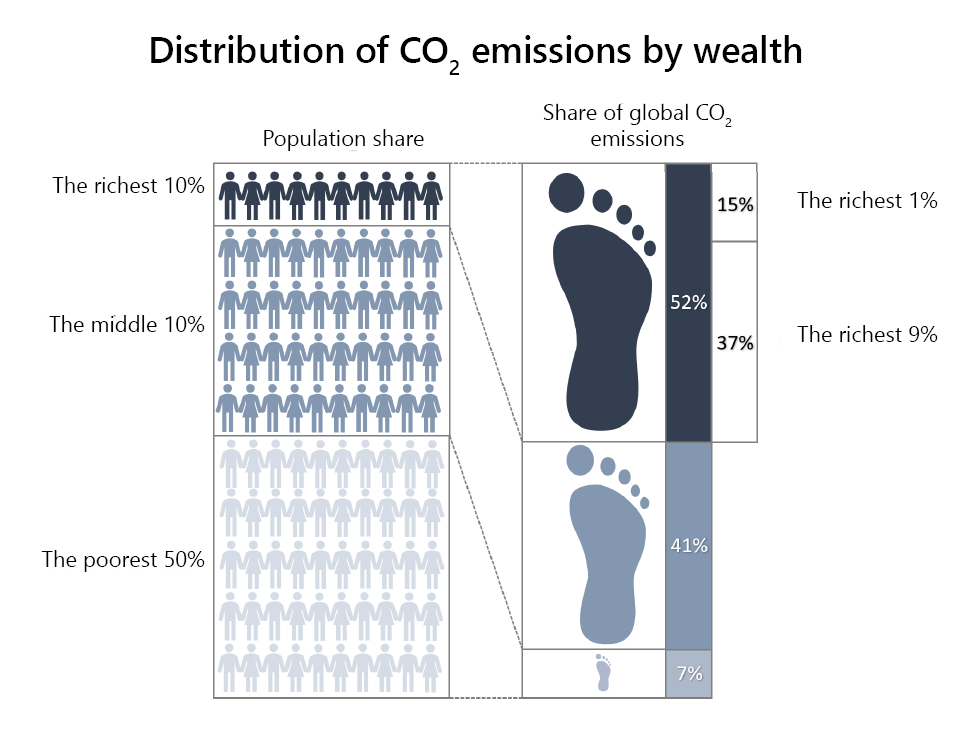Why Are We Marching Against the WEF?
At the WEF, decisions are made by an elitist circle that affect all of our lives. Even though they claim to be forward-thinking, sustainable, and socially responsible, one thing stands out in all these decisions: their self-interest. The interests of a few super-rich individuals and political representatives chosen by the WEF are not the interests of the broader population.
What is the World Economic Forum (WEF)?
The World Economic Forum (WEF) is a circle that operates far removed from the needs of the general population. Its decisions are undemocratic, and particularly poor and disadvantaged populations cannot have a say due to the following reasons:
-
Exclusive Access: Participation in the WEF is usually limited to members or by special invitation. Attending the WEF also involves significant costs, including membership and participation fees. This limits access for smaller companies or representatives from less wealthy countries and social groups.
-
Elite Participants: The list of attendees includes leaders of large multinational companies and political decision-makers selected by the WEF, with little representation from other social groups.
-
Secrecy: Discussions and decisions at the WEF often take place behind closed doors. It’s unclear who is making the decisions.
"But the WEF also works against poverty and climate change..."
Really? The World Economic Forum has been meeting with the world’s most powerful individuals for over 50 years. And in their elaborate communications campaigns, they present themselves as green and socially responsible. But the appearance is deceptive.
Inequality has been rising globally for decades. In fact, not only did the income of the richest rise drastically, but the profits of international companies also increased. Meanwhile, investments decreased.
What does this mean? Profits are no longer being invested in promoting things like jobs, education, or infrastructure, but instead are being used to pay dividends or buy back shares. As a result, the wealth of the wealthy increases, rather than making a difference in the real economy and, for example, in wages. (Source: University of Bern - "Inequality" - A term and its impact)
When it comes to emissions, it's clear that the wealthiest have no serious interest in reducing their negative impact on the environment. This is evident in their use of private jets, helicopters, and luxury cars, but also in their contribution to environmental damage: the richest 1% are responsible for 15% of all global emissions.
 Figure: Inequality in Greenhouse Gas Emissions Based on “The Carbon Inequality Era” and “Carbon Inequality in 2030”.
Figure: Inequality in Greenhouse Gas Emissions Based on “The Carbon Inequality Era” and “Carbon Inequality in 2030”.
The commitments of some companies in the so-called "Davos Manifesto" are therefore superficial PR measures that do not lead to positive changes in terms of environmental protection and social responsibility. At the WEF, self-interest remains the highest priority, over global justice.
Our Hike – A Call for Global Justice
We advocate for social justice, fight for a world where everyone has enough to live, and stand for an economy that prioritizes people's needs.
We are protesting for a forum that everyone can participate in and which is committed to all living beings and future generations on this planet.
